This is just a quick post to fill in the gap between our First Kwazulunatal (KZN) Birth and the Twin Birth Story , which I am busy composing.
The day after I arrived on the farm after attending the birth of the twins in Cape Town, twin lambs were born to the pet mother sheep that lives in the back garden. We checked on the lambs after about twelve hours and found them to be quite weak. They did attempt to suckle from the mother sheep’s teat, while we watched, but she was having none of it, and moved away or butted them away from her mildly swollen udder. Although she bleated for them, she was clearly uncomfortable the minute they reached for her teats or attempted to suckle. If we had left them 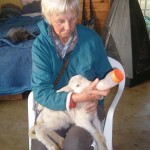
Then we remembered that this sheep mother had also rejected her previous set of twin lambs and they had to be hand reared as well. They were very cute as baby lambs, but turned into quite obnoxious sheep, chasing my mother around the farm and butting her for food! I am not suggesting that we should have breastfed these lambs ourselves! The point is, these lambs never learnt proper sheep behaviour from THEIR mother.
We also recalled that this pet sheep mother had been given to us, on the farm, to rear from when she was a tiny lamb, and therefore separated from her mother. She had not suckled on her mother, and so had never attached to her mother as a sheep, nor had she learnt how to breastfeed. Breastfeeding is a learnt behaviour, and mammals, including human mothers, learn the technique first by breastfeeding from our mothers as infants. Secondly we learn to breastfeed our young from watching other mothers breastfeed, which this pet sheep mother had clearly not had the opportunity to do.
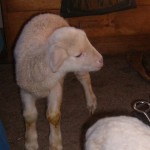
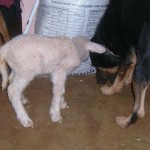
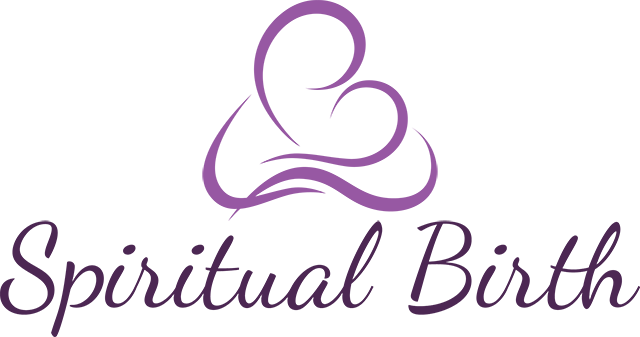
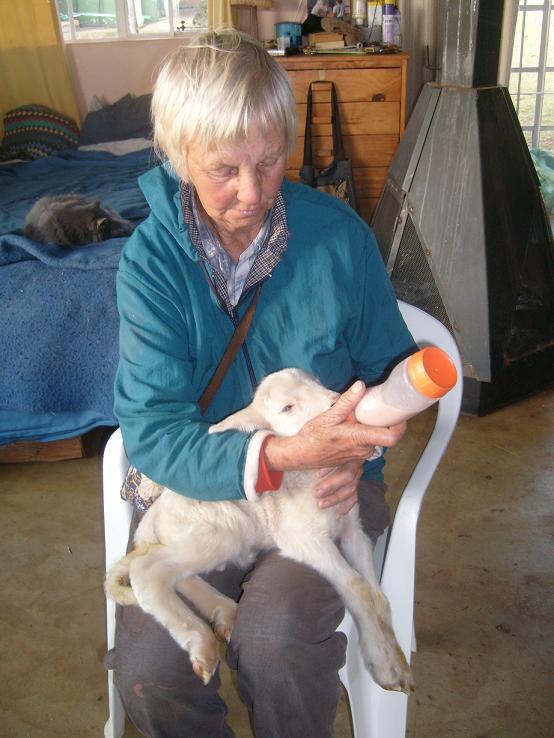
Love reading all about your country lifestyle changes.
What about finding a way to attach the bottles to the mother? Kind of like an SNS, in fact I think that should be the second step. Assistance is needed, not full on interference. Let her deal with it, it’s her Job!
Thanks for your comment Radana. I do believe we are more and more disconnected from nature, even the universe. When things go right, it feels so good! When the natural order is disturbed, reparation can take generations.
Thanks for the post Marianne , it was very interesting …we certainly can learn a lot form observing animal behaviour .